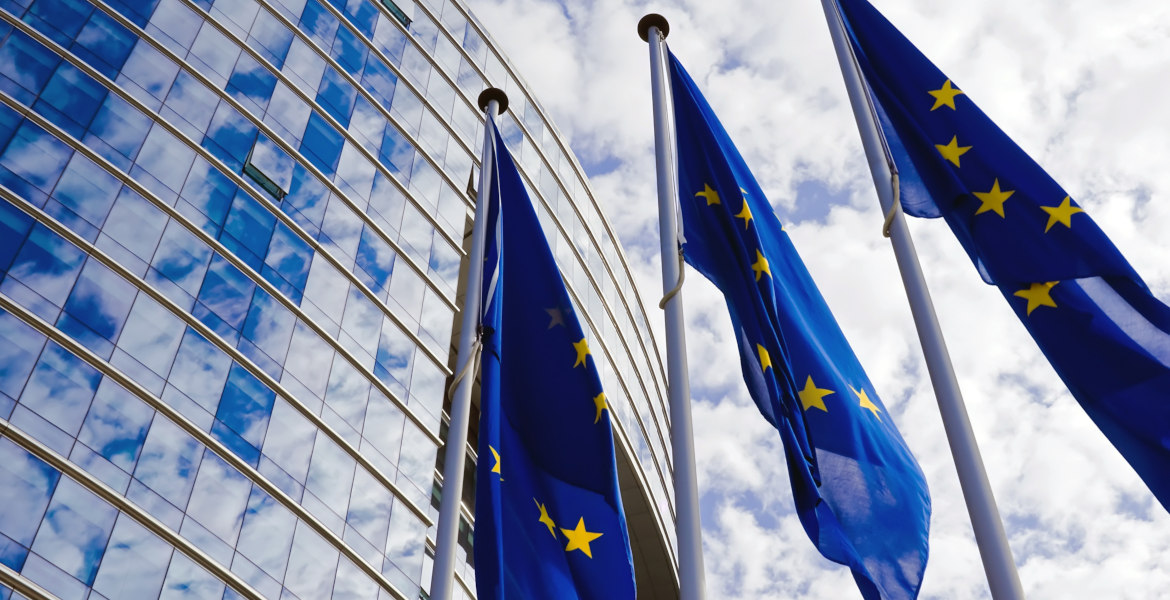Recently, the European Commission presented a progress report on the ten countries that had previously expressed interest in joining the European Union.
If Ukraine meets all the conditions, the Commission wants to start membership negotiations "as soon as possible in 2025".
It notes that Montenegro is the country that has made the most progress in the negotiations – while negotiations with Turkey have stalled and countries such as Georgia are considered to have moved in a more anti-EU direction and are now further away from EU membership than they have been for a long time.
As for Ukraine, the Commission wants membership negotiations to start early next year – but for the process to move forward, Kiev will have to meet a series of EU requirements and conditions, to demonstrate that it is "ready" to be granted membership of the Union.
"The opening of accession negotiations with Ukraine has been an important recognition of Ukraine's determination to pursue reforms on the path of EU accession. Following the first intergovernmental conference in June 2024, the analytical examination of the acquis (the screening) is progressing smoothly", it states.
Kosovo must "strengthen the rule of law”
"Subject to Ukraine meeting all the conditions, the Commission is looking forward to the opening of negotiations on clusters, starting with the fundamentals, as soon as possible in 2025", the statement said, adding that it also hopes to start negotiations with Moldova early next year.
The Commission also states that several countries have much to do before membership can be considered. For example, it points out that Kosovo "needs to intensify its efforts to strengthen the rule of law and public administration and to protect freedom of expression".
The 10 countries that have expressed varying degrees of interest in joining the EU are Albania, Bosnia and Herzegovina, Kosovo, Montenegro, North Macedonia, Serbia, Georgia, Moldova, Ukraine and Turkey.




